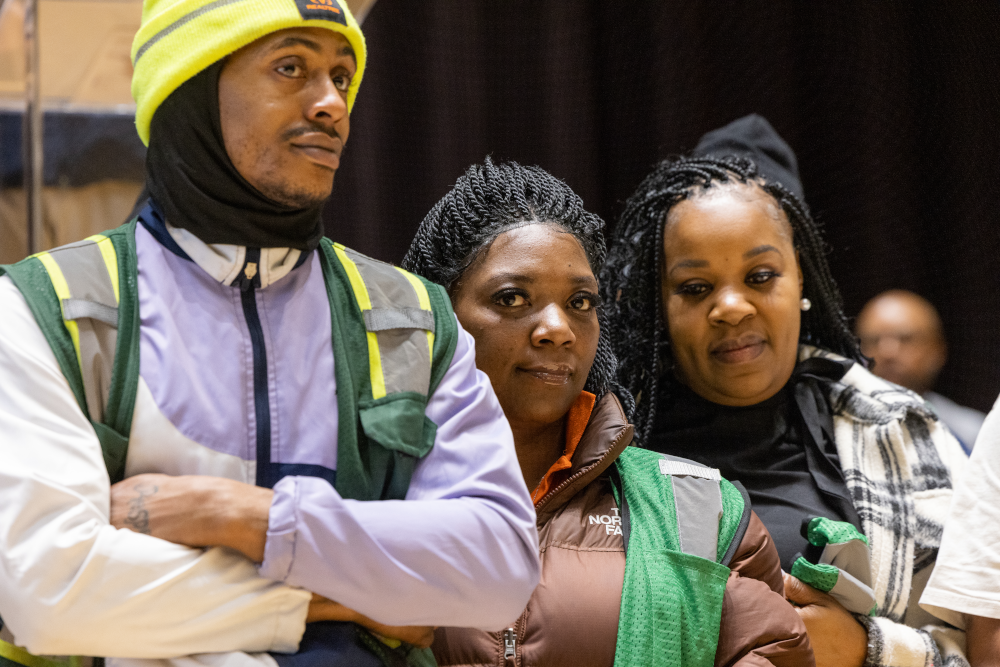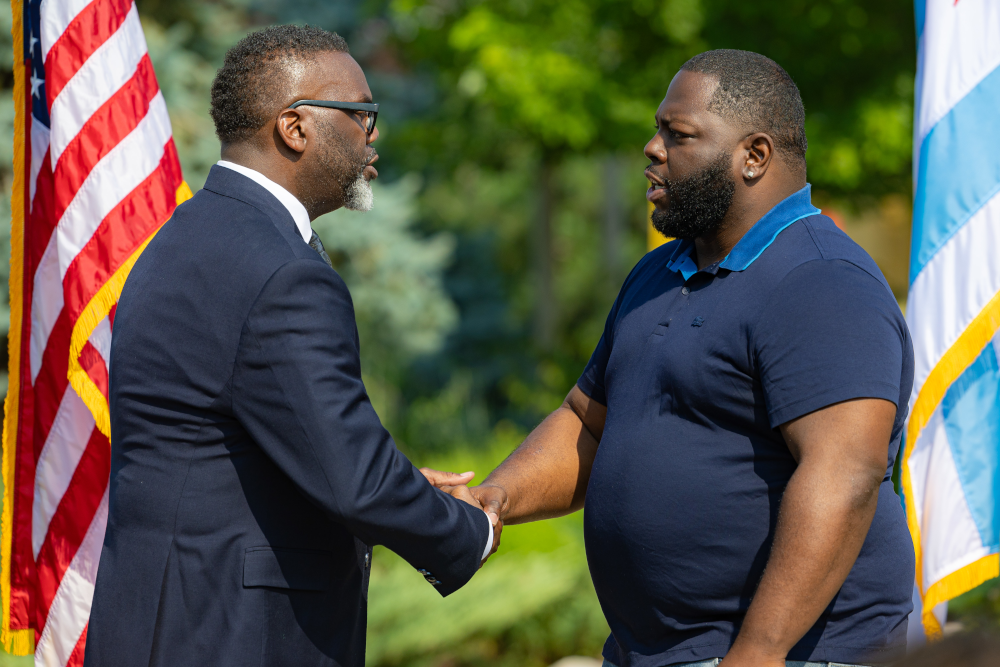Hospital-Based Violence Intervention
Hospital-Based Violence Intervention

Overview
Hospital-based violence interventions are multidisciplinary programs that seek to identify patients who are at risk of repeat violent injury while they are recovering in a hospital and link them with hospital- and community-based resources to address underlying risk factors for violence and trauma. Culturally responsive intervention specialists engage victims of violence through relationship-based mentoring and case management to provide them with individualized support.
Request For Proposals (RFP)
Application period has ended.
Program Impact
Victims of violence are at increased risk for re-injury and retaliatory violence. Reaching victims and their families during their initial hospital stay is crucial to interrupting cycles of violence and advancing physical and emotional healing. This funding opportunity aims to foster partnerships between hospitals caring for the highest volume of violent-injury patients in Chicago and community-based organizations with a documented history of providing services for these individuals.

Hospital-based violence intervention programs have been proven effective in:
- Addressing risk factors associated with violence
- Reducing recidivism rates
- Achieving positive outcomes such as:
- Return to work and school
- Increased self-esteem
- Decreased retaliatory violence
- Decreased substance use
- Decreased trauma and recidivism
The program follows best practices identified by the Health Alliance for Violence Intervention (HAVI). Research highlights that timely, wrap-around support in a hospital setting can lead to positive outcomes, including reduced hospital re-admission and treatment costs.
Focus Community Areas
The program will focus on neighborhoods in the South and West sides of Chicago, which bear a disproportionate burden of violence. In the past three years, 15 community areas accounted for over 50 percent of all shootings. Residents in these areas face significant community violence, leading to:
- Higher risk of becoming a victim of and/or perpetrating violence
- Decreased life expectancy
- Chronic or “toxic” stress
- Poorer long-term health outcomes
Disparities in victimization
Data reveal significant disparities in violence victimization between Black and non-Black individuals in Chicago:
- Black residents constitute 30 percent of the city's total population but 80 percent of shooting victimizations.
- Black individuals aged 15-34 represent over half of the city’s homicide victims.





